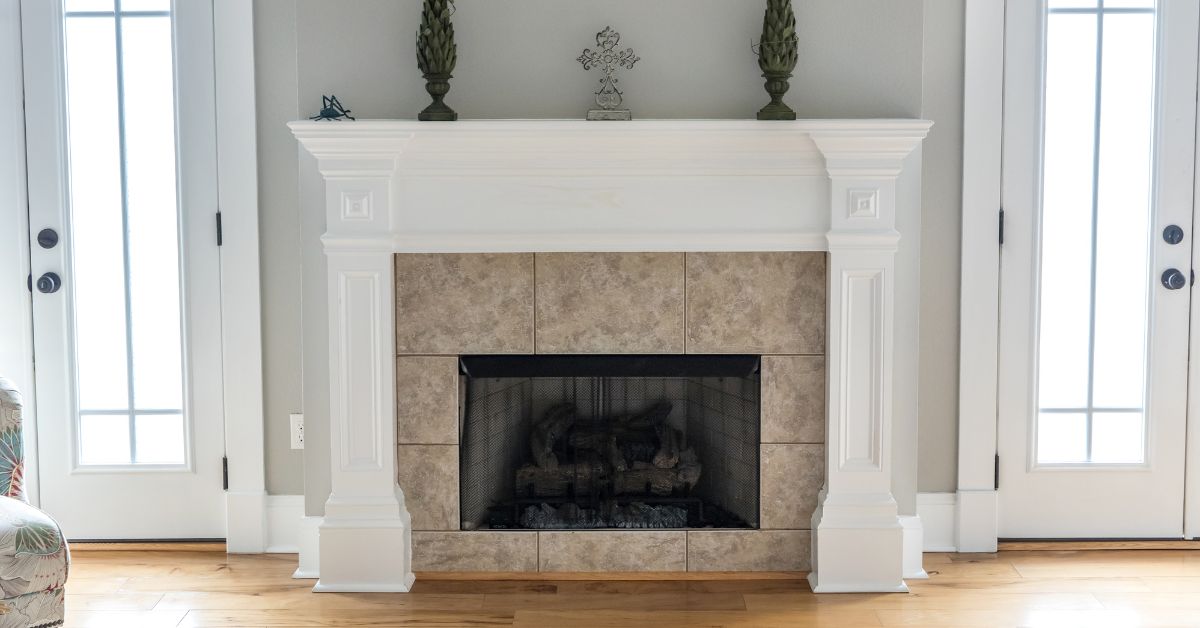5 Reasons Why Your Fireplace Has a Bad Smell

Fireplaces bring peace, warmth, and ambiance to a home, but the smells and odors that can come with them can cause annoyance and disgust. While your chimney won’t smell like rainbows and butterflies, it shouldn’t have a distinct foul odor. If you want to better understand why your fireplace has a bad smell, check out the problems that could be causing this issue and discover how to counteract the odors.
Negative Air Pressure
Negative air pressure is when the pressure inside a room or home is lower than the pressure of the air outside. While an airtight home is essential, the air pressure can affect your fireplace because drafts will come into the house through the chimney. These drafts can carry odors with them that stink up your well-sealed home.
The best solution for this problem is to keep your damper closed when the fireplace is not in use.
Excess Moisture/Water
Lingering moisture and excess water can cause a musty scent. This smell can appear in your fireplace when there is an overabundance of water in the brick-and-mortar. The high-moisture levels could stem from rainwater falling down your chimney or leaks caused by cracks in the masonry.
Counteract this issue by repairing damage to the chimney and installing a chimney cap to prevent water from accumulating inside the structure.
Creosote and Soot Buildup
Creosote and soot buildup will occur the more you use your chimney because they are the byproduct of burning firewood. The longer you let them buildup in the chimney, the more likely the substances are to cause a foul odor. Not to mention, excess creosote can cause a house fire.
Fix this issue by routinely cleaning your chimney and hiring a professional service to inspect your chimney each year.
Pests and Animals
Pests and animals can make a home in your chimney if you do not have a chimney cap on top of the structure. If an animal passes away inside the structure, their body will start to decompose and stink up your home. Fortunately, this problem is uncommon.
Chimney inspections can help eliminate pests and animals. However, you cannot remove some animals because they have legal protection, as is the case with chimney swifts. If you notice pests inside, it’s best to call a professional to deal with them.
Twigs, Leaves, and Debris
The last reason why your fireplace has a bed smell is because of debris, such as twigs and leaves. Leaves and twigs can fall down the chimney and start to decay while inside the structure, causing an unpleasant scent. Pests and animals can also bring this debris into the chimney with them.
Use a chimney cap to prevent debris from falling inside, and clean up any messes as quickly as possible to prevent the rotten materials from releasing smells into your home.
Now that you know what might be causing the odors in your fireplace, you can eliminate the issue. Once the problem is no longer there, you can use several methods to get rid of the fireplace odors so that your home smells right again. Remember, your fireplace shouldn’t smell fresh, but it shouldn’t smell bad, either!




